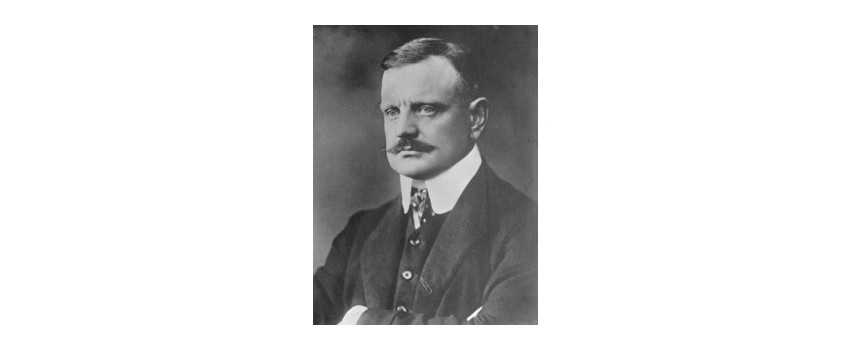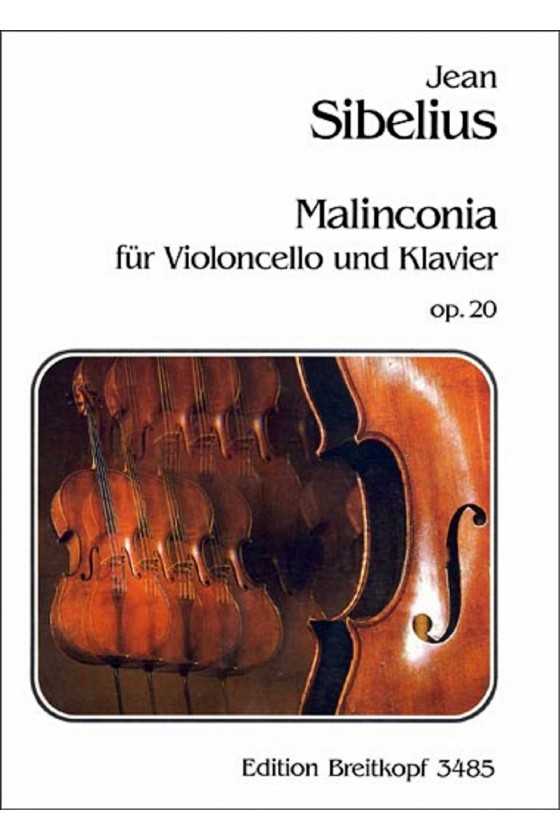Sibelius, Malinconia For Cello (Breitkopf & Härtel)
MALINCONIA OP 20 is a composition by Finnish composer Jean Sibelius, written in 1900 to cope with the loss of his daughter Kirsti. The piece features a mournful cello and virtuoso piano that often flows into climatic cadenzas. It bears similarities to Tchaikovsky's Piano Concerto in B minor, Op. 23.


